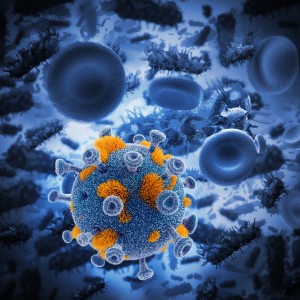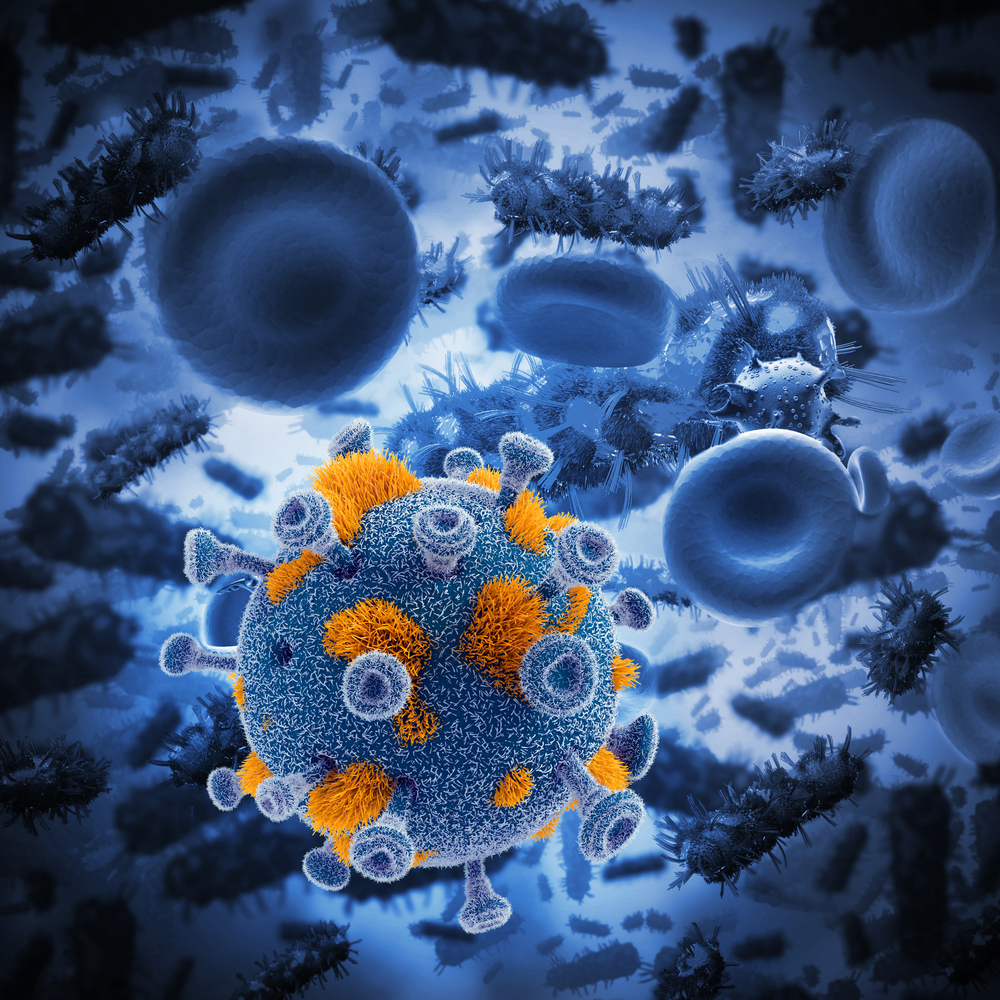 Researchers at the Barts Cancer Institute, Queen Mary University of London, have shown that combining virotherapy and immunotherapy can have a significant impact for the treatment of pancreatic cancer.
Researchers at the Barts Cancer Institute, Queen Mary University of London, have shown that combining virotherapy and immunotherapy can have a significant impact for the treatment of pancreatic cancer.
The research team investigated if using the Vaccinia oncolytic virus (a modified virus that specifically kills cancer cells) for the treatment of pancreatic cancer could be enhanced by genetically modifying it with a gene that can modulate the patient’s immune system.
Even though oncolytic viruses can target and kill cancer cells, the results from clinical trials have not been favorable, since the patient’s immune system has a tendency to recognize these agents has foreign bodies and attack them before they can be successful.
In their research, published in the Clinical Cancer Research journal, the team was able to insert a copy of the interleukin-10 gene (IL-10) into the Vaccinia virus, which was expressed in the cancer cell once it became infected. This type of immune protein has the capacity to reduce the intensity of the immune response against the virus, allowing it to preform its function for a longer period of time.
“Many viruses use IL-10 to hide from the host’s immune system, so we thought we’d use this natural strategy to investigate whether it would improve Vaccinia’s effectiveness,” lead researcher Dr. Yaohe Wang, said in a news release.
Using in vitro and in vivo approaches, the team confirmed that Vaccinia viruses carrying the IL-10 gene were efficient in their oncolytic activities against pancreatic cancer cells.
Furthermore, after six weeks of treatment, the majority of mice suffering from pancreatic cancer that received the combination treatment, had their tumors cleared when compared with mice treated with Vaccinia virus alone (87.5% vs 42.8%). Importantly, it seemed the animals treated with the IL-10 armed virus had the capacity to develop immunological memory against cancer cells, which after reintroduction were efficiently cleared after 18 days.
“This corresponds with recently published research which has suggested that IL-10 has its own anticancer properties when delivered directly into tumour tissue,” Dr. Wang explained. “These are exciting results, but we still have several questions. Our results show that in mice IL-10 suppresses antiviral immunity but boosts anti-tumour immunity – but exactly how IL-10 makes this happen remains unclear. This is something we’re already investigating as understanding this mechanism will provide a foundation for designing clinical trials to treat pancreatic cancer with this IL-10 armed virus.”


